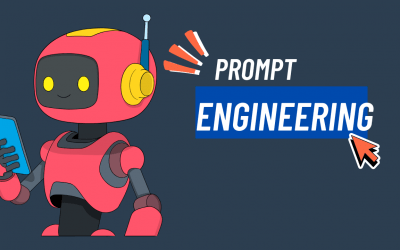Programming languages have become an integral part of modern-day technology. Without programming languages, it would have been impossible to build the advanced software and applications that we use today. But have you ever wondered about the origin of programming languages? What was the first programming language ever created, and how did it come to be? Let’s explore the history of programming languages and discover the answer to this intriguing question.
The Origins of Programming Languages
The history of programming languages dates back to the early 19th century, when Charles Babbage created the concept of a “difference engine.” The difference engine was a mechanical calculator that could perform complex mathematical calculations. Although the difference engine was never completed during Babbage’s lifetime, it laid the foundation for modern-day computing.
Ada Lovelace, a mathematician and writer, is credited with writing the first algorithm for Babbage’s difference engine. Lovelace’s algorithm is considered to be the first computer program ever written, making her the world’s first programmer.
However, it wasn’t until the 20th century that programming languages began to take shape. The first programming languages were created to communicate with the first computers, which were large, room-sized machines that were used primarily for scientific research.
The First Programming Languages
The first programming language ever created was Fortran, which stands for “Formula Translation.” Fortran was created in the 1950s by a team of programmers led by John Backus at IBM. Fortran was designed to allow scientists and engineers to write complex mathematical calculations in a way that was easier to understand than machine code.
Following Fortran, several other programming languages were created, including COBOL, Lisp, and BASIC. Each of these languages was designed to address a specific need or problem, such as business data processing or artificial intelligence research.
In the 1970s, the C programming language was created by Dennis Ritchie at Bell Labs. C was designed to be a low-level language that could be used to write operating systems and device drivers. C was later used as the foundation for many other programming languages, including C++, Java, and Python.
The history of programming languages is long and complex, and there have been many languages created over the years. However, Fortran is considered to be the first programming language ever created, and it paved the way for the development of modern-day programming languages.
As technology continues to advance, new programming languages will be created to meet the ever-evolving needs of the computing world. But no matter how many new languages are created, Fortran will always be remembered as the first programming language that started it all.
Other Articles
The Art and Science of Prompt Engineering: Crafting the Future of AI Interaction
Beyond Keywords – Defining Prompt Engineering We stand at the precipice of a new paradigm in human-computer interaction. The rise of sophisticated Large Language Models (LLMs), such as GPT-4 and its contemporaries, has shifted our communication with technology from...
What is a Software Engineer
The Architects of Digital Reality Software engineers constitute the fundamental workforce orchestrating our technologically mediated existence. These professionals transmute abstract concepts into functional applications that permeate every facet of contemporary life....
Angular TypeScript: A Comprehensive Guide to Modern Web Development
Introduction to Angular TypeScript Integration Angular's symbiotic relationship with TypeScript represents a paradigmatic shift in modern web development methodologies. This powerful amalgamation emerged from Google's recognition that large-scale applications require...




